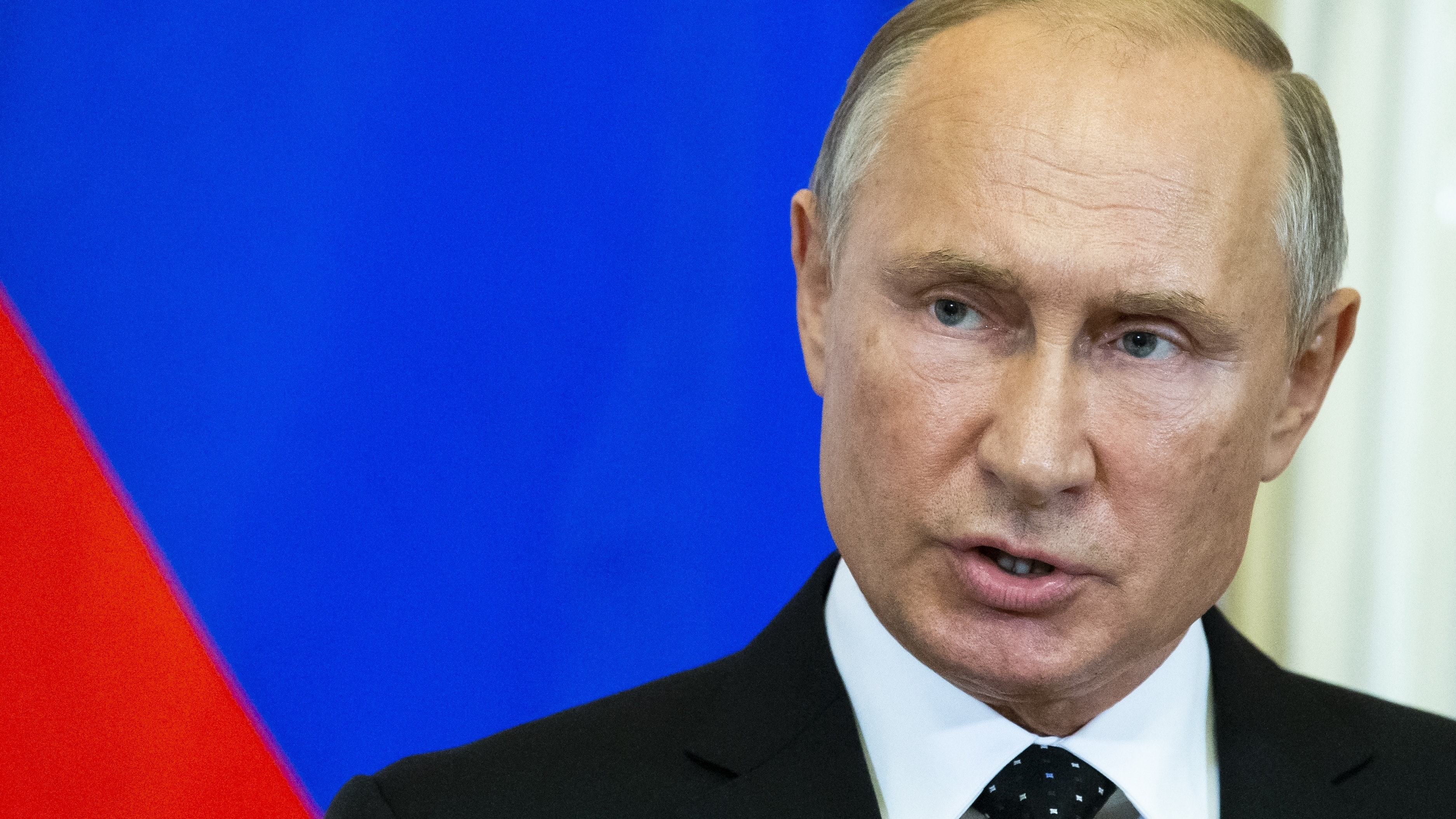Vladimir Putin to cool criminal code on extremism in Russia
by Anastasia Dzutstsati, reporter
The Kremlin submitted a draft legislation to the State Duma, on Wednesday, amending Russia’s controversial Criminal Code 282, that covers ‘hate speech’ and ‘extremist speech’.
The felony statue on hate speech not only acts upon its original purpose to minimise Incitement of Hatred or Enmity, as well as Abasement of Human Dignity, but also allows the state to open criminal cases against Internet users for ‘liking’, reposting and commenting social media posts that have anti-government agenda.

Under the original Criminal Code 282, Russia͛s justice system persecutes Internet users and opens felony cases regardless of how many times an individual is involved in the extremist crimes.
The Putin administration proposes to add a number of changes to the Code of Administrative Offences, so that first-time extremism cases will be punishable by fines, up to 100 hours of community service, or 15 days in jail.
The original felony penalties would only come into effect if an individual commits an extremist crime twice within a 12-month-period.

“It is hard to understand what scheme is going to be used to determine whether a person is an extremist or not. If a person is charged for one post on social media, can an additional like or a repost be considered as a second-time extremism to put some particular people into jail?” says Nestor Rotsen, young political activist, former producer and creative advisor at Teatr Doc, a documentary theatre in Moscow famous for its plays opposing the Russian government.
The new misdemeanour statute is applicable to the first-time offenders as long as there are no aggravating circumstances, that include verbal or physical abuse, if the extremist actions have been carried out by a group of people or if the person uses their official position to conduct a crime.

“It is obvious that our government has always tried to minimise the importance of opposition by using the laws against anyone with a different opinion. The new legislation seems like an advantage for the opposition and neutral citizens who can end up in prison for scrolling through their social media. Yet it only complicates the existing law, as there is no clear explanation to it”, continues Nestor Rotsen.
According to the Ministry of Internal Affairs of the Russian Federation, there have been 762 extremism cases opened from January to June 2018.
͞”Here in Russia, the legal system has not operated as it should have for many years,” says Varvara Gornostayeva, co-founder of Mother’s March, a movement created after two teenagers, Anna Pavlikova and Maria Dubovik, were arrested for extremist allegations last March.
The new addition to law has faced mixed public reactions and is awaited to prove its effectiveness once adopted.
As the law will prohibit activities by legal bodies and organisations, including mass media, it is seen as another threat to freedom of speech in Russia.

